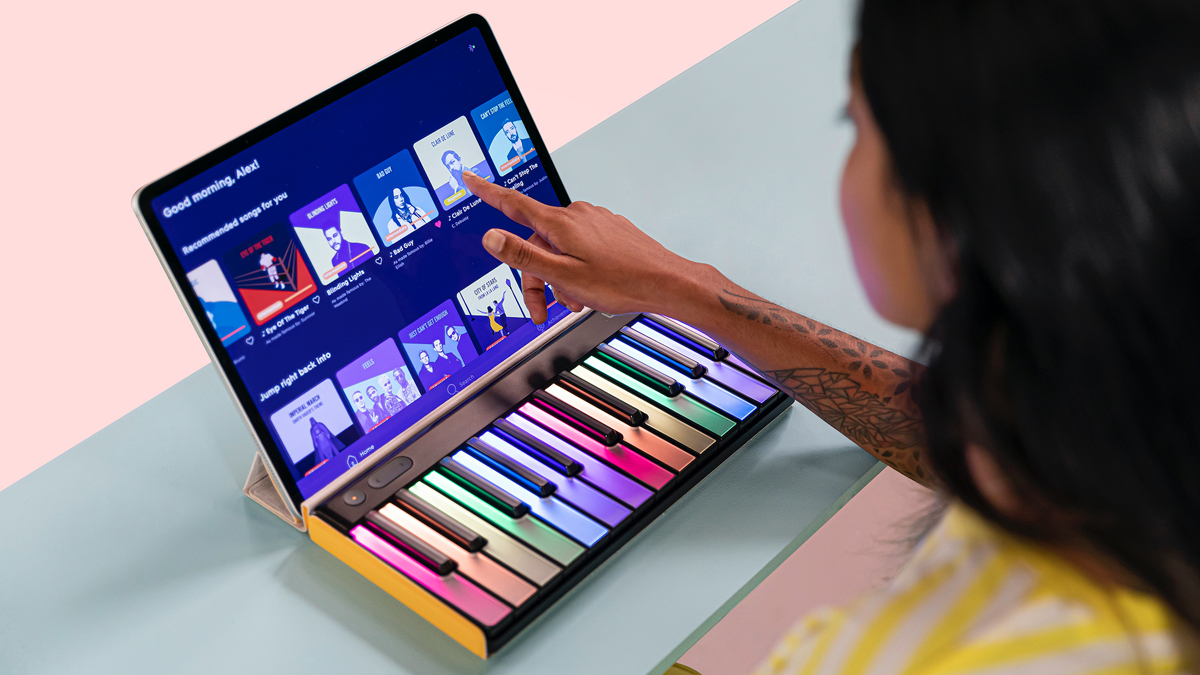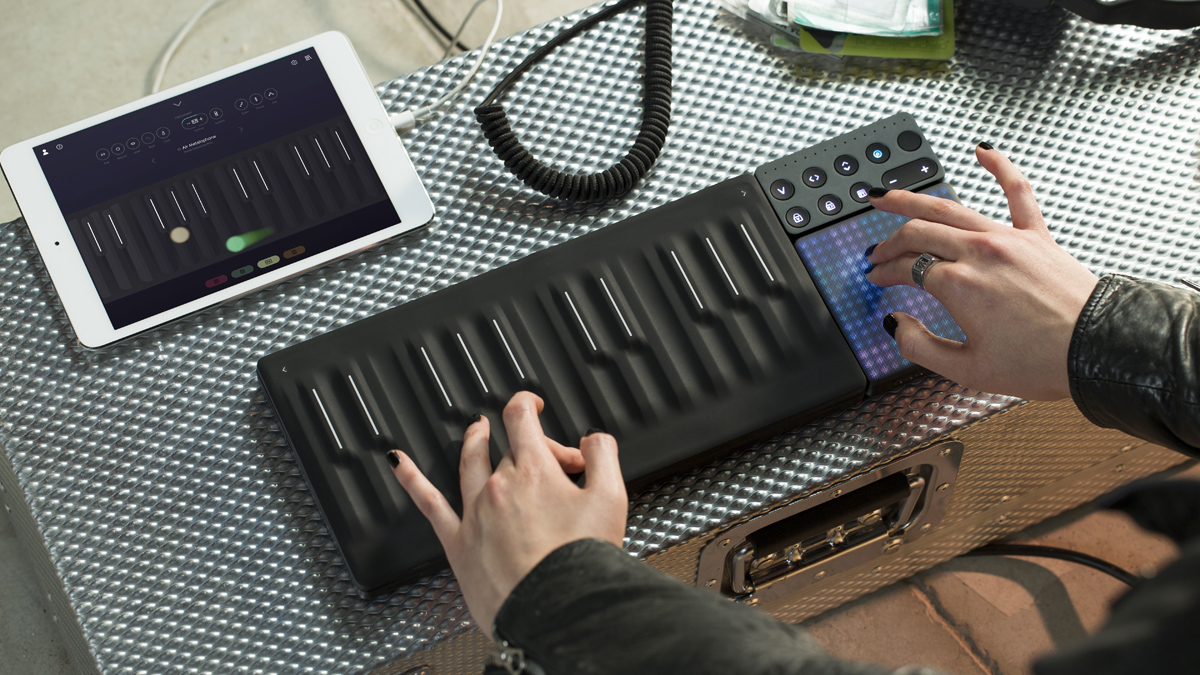ROLI goes into administration; CEO Roland Lamb launches new music tech company, Luminary
ROLI received UK taxpayer funding during the pandemic

Want all the hottest music and gear news, reviews, deals, features and more, direct to your inbox? Sign up here.
You are now subscribed
Your newsletter sign-up was successful
ROLI, the UK music tech startup, has gone into administration, citing a smaller than expected market for its products. The news comes despite the company receiving money from the UK government to help it survive the pandemic.
Company founder and CEO Roland Lamb now plans to start a new company, Luminary, which will focus on LUMI, ROLI’s piano learning platform.
“Ultimately what happened was the pro-focused products we initially developed, although successful within their marketplace, the marketplace wasn’t big enough given our venture trajectory,” Lamb told Business Insider. “We had our eyes set on hypergrowth and that proved to be difficult.”
We first heard of ROLI in 2013 when it launched the Seaboard, an MPE controller that replaced standard piano keys with squishy ones. Although it received considerable attention, and was even featured in Hollywood blockbuster La La Land, this was a niche product that came in at a high price point.

In 2017, the company aimed for a wider market with its BLOCKS series of controllers. However, these launched with a limited software application and, despite high-profile backing from the likes of Pharrell Williams, struggled to make an impact.
Then, in 2019, came LUMI, a piano learning platform that combined a light-up keyboard and a piano learning app. Launched on Kickstarter, this smashed through its funding target, but backers complained of delays in shipping, and there were reports of build quality issues, too.
ROLI later released an updated version that was said to be more durable and offer a better key action. The LUMI was relaunched as a production device, too.
Want all the hottest music and gear news, reviews, deals, features and more, direct to your inbox? Sign up here.
Throughout this time, ROLI has received significant investment, acquiring other companies - including music software developer FXpansion - along the way. However, rumours of financial difficulties have been circling for some time.
The Telegraph reports that ROLI also received taxpayer funding from the UK government to help it survive the pandemic. This came from what was known as the Future Fund, which gave sums of between £125,000 and £5m to start-ups, on the proviso that these were matched by investors.
It remains to be seen if any investors, or the government, will get any of their money back, but The Telegraph also notes that Roland Lamb has now secured £5m of investment for Luminary from a company known as Hoxton Ventures.
"Our lead investor Hoxton Ventures was not prepared to fund Roli and wanted, rather, to invest in Luminary to drive forward the consumer opportunity,” says Lamb.
It’s believed that ROLI’s 70 staff will move across to Luminary, which wants to become the ‘Peloton for piano’.
It remains to be seen if this will be a more effective business model than the one that ROLI pursued. While the LUMI has certain things going for it as a learning tool, its small size means that two-handed playing - essential if you want to become a proficient pianist - is pretty much impossible.
Multiple units can be clicked together, but the LUMI’s relatively high price point ($299/£299) makes this an expensive workaround.
A Q&A page on the ROLI website says that all ROLI and LUMI products will continue to be supported as before, and that the respective brands, websites and social media pages will still exist. Existing product orders will also be honoured, though may arrive “a little later than expected.”
Luminary has also confirmed that it plans to relaunch the Seaboard in 2022.



I’m the Deputy Editor of MusicRadar, having worked on the site since its launch in 2007. I previously spent eight years working on our sister magazine, Computer Music. I’ve been playing the piano, gigging in bands and failing to finish tracks at home for more than 30 years, 24 of which I’ve also spent writing about music and the ever-changing technology used to make it.